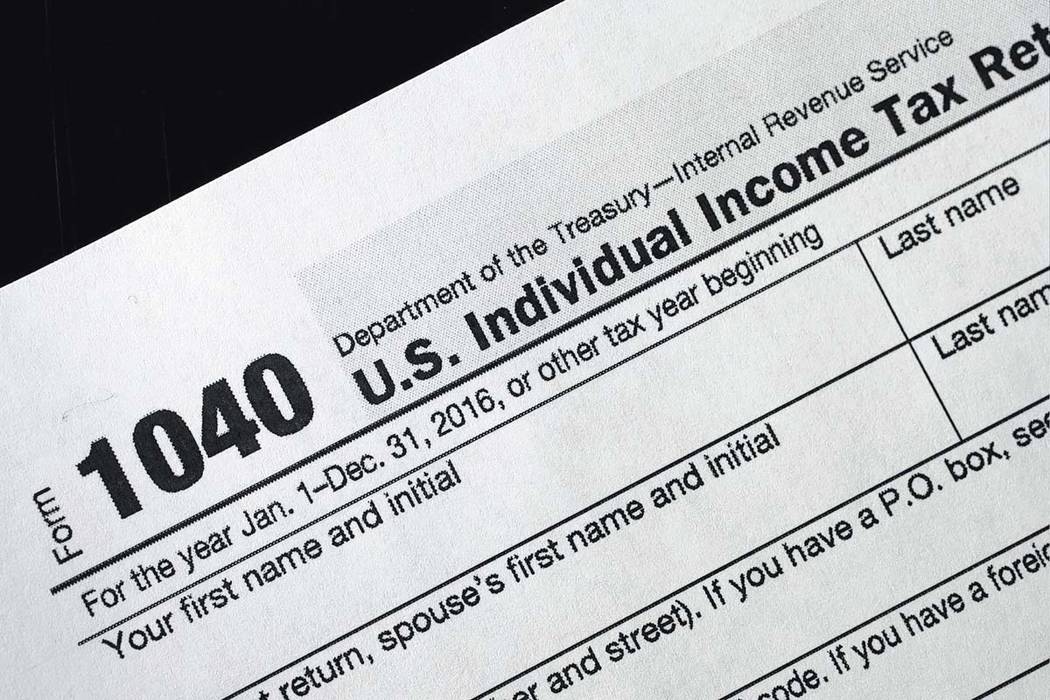How to legally avoid paying taxes
Ben Franklin famously said, “nothing is certain but death and taxes.” Skip filing your taxes, and the IRS will come calling. And when they do, you’ll likely face penalties and interest — and even lose your chance to receive a tax refund.
But there are ways to reduce some — or all — of your tax bill legally. Read on to learn more about how to avoid paying taxes without breaking any laws.
How much does the average American pay in taxes?
The IRS recently released a report on how much Americans paid in federal income taxes for the 2017 filing year. According to the data, the average U.S. federal income tax rate for all income levels was 14.64%. Here’s how the figures break down:
— Top 1% of tax filers: paid an average income tax rate of 26.76%
— Lower half of tax filers: paid 15.99% on average
— The rest: paid an average rate between 16.69% and 25.92%
The Bureau of Labor Statistics reports that the average American income in 2017 was $73,573, and the average federal income tax rate was 14.64%. This means Americans paid $10,771 in taxes on average. While this figure is an average, it only calculates federal income taxes and doesn’t account for state and local taxes.
How to avoid paying taxes legally
The IRS offers Americans a variety of tax credits and deductions that can legally reduce how much you’ll owe. All Americans should know what deductions and credits they’re eligible for — not knowing is like leaving money on the table. Here are ways to save on some — or all, depending on how many credits and deductions you qualify for — of your tax bill:
1. Qualify for tax credits
Many people don’t realize that a tax credit is the equivalent of free money. Tax deductions reduce the amount of taxable income you can claim, and tax credits reduce the tax you owe — and, in many cases, result in a nice refund.
The IRS offers a large number of tax credits that encompass everything from buying energy-efficient products for your home to health insurance premium payments to being in a low- to moderate-income household. The key to benefiting from these credits is examining all of the purchases you’ve made throughout the year to see if you are owed money.
There are 17 tax credits for individuals you can take advantage of in five categories:
— Education credits
— Family tax credits
— Health care credits
— Homeownership and real-estate credits
— Income and savings credits
Check out the IRS credits and deductions page for a breakdown of all the credits you may be eligible for.
2. Take itemized deductions
Most people take the standard deduction available to them when filing taxes to avoid providing proof of all of the purchases they’ve made throughout the year. Besides, itemized deductions often don’t add up to more than the standard deduction.
But if you’ve made substantial payments for mortgage interest, property taxes, medical expenses, local and state taxes, or have made major charitable contributions, it could be worth it to take this step. These tax deductions are subtracted from your adjusted gross income, which reduces your taxable income. So if you want to know how to avoid property tax or how to get out of paying school taxes, you might be out of luck. But you might also be able to deduct them from your income and use them to avoid other taxes.
The IRS has an interactive tax assistant that can walk you through the process to determine the general standard deduction you may be eligible for in just five minutes.
According to the tax assistant, a 39-year-old married couple filing a 2019 joint return is eligible for a $24,400 standard deduction. Use the figure calculated for your tax situation to decide which deduction is greater — the standard deduction or an itemized list of all your purchases and expenses.
Check out the lower half of the IRS credits and deductions page for more information about all the tax deductions you may be eligible for.
3. Enroll in college
One way to take advantage of tax deductions or credits is to enroll in college. The government currently offers credits and deductions — you usually have to take one or the other — to go back to school online or in your community.
Students can take advantage of one of two education tax credits: The first is the American Opportunity Tax Credit, which offers up to $2,500 off the cost of tuition, fees and course materials paid during the taxable year per eligible student. Another credit to consider is the Lifetime Learning Credit, which offers up to $2,000 off the cost of tuition, fees and course materials. You can claim only one credit per year.
Also, keep in mind that financial aid in the form of grants and work-study offer tax-free cash that doesn’t count as taxable income. Scholarships that also help pay for school and are nontaxable as long as the money is used for school-related purposes like tuition, fees, books, supplies and equipment.
There’s no doubt that it’s difficult to legally avoid paying taxes, but by taking advantage of credits and deductions, you could improve your chances of doing so.
Is it possible to pay nothing in taxes?
A tax deduction works by lowering your taxable income, so you pay less in taxes. If you want to avoid paying taxes, you’ll need to make your tax deductions equal to or greater than your income. For example, using the case where the IRS interactive tax assistant calculated a standard tax deduction of $24,400, if you and your spouse earned $24,000 that tax year, you will pay nothing in taxes. Remember this refers to federal taxes — you may be subject to local and state taxes.
If the deductions you qualify for aren’t enough to completely eliminate your tax bill, you’ll need to plan on making less money the following year. Don’t think that moving outside of the U.S. will help you avoid paying taxes — according to the IRS, “if you are a U.S. citizen or a resident alien living outside the United States, your worldwide income is subject to U.S. income tax, regardless of where you live.”
It’s always best to consult with a tax professional who can help you reduce or eliminate your tax bill without getting in trouble for tax fraud.
How to reduce your tax obligation for most Americans
As you may be figuring by now, completely avoiding taxes is not easy. You can take advantage of tax credits and deductions, as well as limit how much money you earn. But this may not fully eliminate your tax liabilities. Perhaps the best strategy isn’t how to avoid tax credits and instead avoid having to pay a large lump sum April 15. Prepay your taxes every paycheck by filling out a W-4.
The W-4, officially known as the Employee’s Withholding Allowance Certificate, tells your employer how much money to withhold from your paycheck to apply to the federal income tax you’ll owe. It’s based on your marital status, how many dependents you have, and how many deductions you’d like to take. When filling out a W-4, the more deductions you take, the less your employer will deduct from your paycheck to apply toward your income tax bill.
Take too many deductions, and you may owe more than you expect when April 15 rolls around. Take too few, and a large chunk of your paycheck will go toward income taxes. You’ll receive a large tax refund when you file, but this is actually bad — why wait months to get your hard-earned money back?
Luckily, there’s a simple IRS tax-withholding estimator that does all the calculations for you. To accurately get the number of deductions to enter in your W-4, you’ll need:
— The most recent pay stubs for yourself and your spouse
— Amounts from other sources of income you may have
— Your most recent income tax return
Is avoiding taxes legal?
Yes and no. Tax avoidance, where you attempt to minimize your taxes, is legal — as long as the deductions you use are allowed. Tax evasion, where you deliberately fail to pay a portion or all of your taxes, is illegal.
File your annual tax returns, even if you can’t afford it or don’t think you owe taxes to avoid trouble. Tax evasion can result in fines and expensive interest on the amount you owe. The IRS could even freeze your bank accounts and garnish your wages until you file and pay your taxes.
Instead of skipping taxes, you should look to minimize what you owe. There are many tax deductions and tax credits you can take advantage of to lower your tax bill. Depending on your eligibility for deductions and credits, you may be lucky enough to eliminate your tax bill completely, but don’t bank on it.
Cynthia Bowman contributed to the reporting for this article.
This article originally appeared on GOBankingRates.com: How To Avoid Paying Taxes Legally — and the 4 Craziest Ways People Have Done It.
More From GOBankingRates
Best Roth IRA Providers 2019-2020
Retirees Confess What They Wish They'd Done With Their Money





























